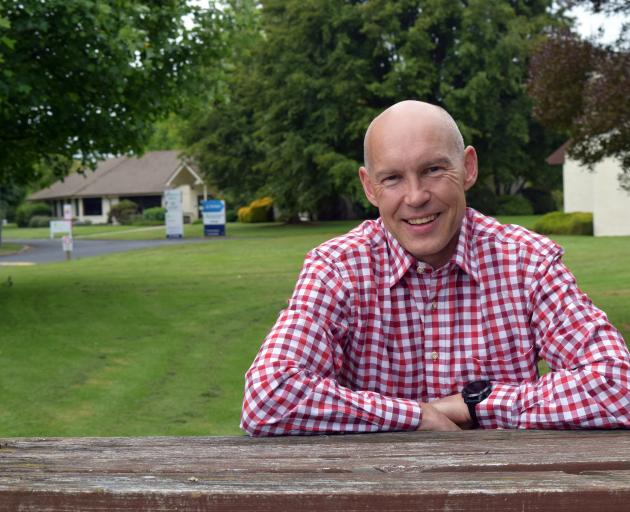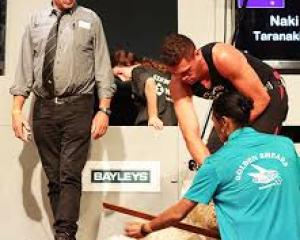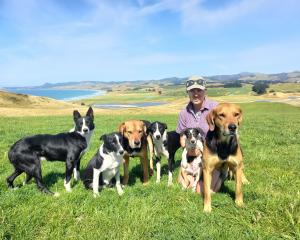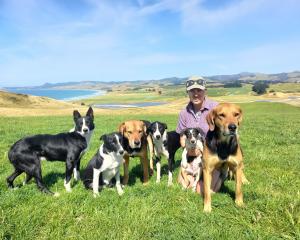
He finished at AgResearch at Invermay Agricultural Centre near Mosgiel on Friday last week.
He felt lucky to secure an "amazing and special" job as the Fish & Game Central Otago operations manager in Wānaka, which started on Monday.
"It is a big career change but hunting and fishing has always been one of my hobbies."
His roles at AgResearch and Fish & Game both dealt with introduced species, he said with a laugh.
The reasons for a career change included waning energy.
"I have put a lot into AgResearch and the deer industry in various roles ... I don’t feel I have what I would want, or expect of myself, to put into the deer science any more."
He managed a programme to find a new way to do co-innovation with the deer industry and its timing coincided with the Covid-19 pandemic and talking to people remotely, rather than in-person, presented challenges.
"That was pretty taxing."
AgResearch had changed its internal science structure and funding to flagships.
"There is not a lot of my deer-specific research fitting into the research sphere and when you haven’t got everything to give, you risk burnout."
The amount of agricultural research being undertaken was "shrinking quite badly" due to available funding remaining static for the past 20 years.
Animal science had got "expensive and onerous" but it was felt "New Zealand could not afford to have shrinking to the level it is".
After studying at the University of Otago in Dunedin, he began working at Invermay in February 1996.
His first seven years at Invermay was working in the DNA-pedigree testing lab team Genomnz and then in the DeerSystems team since February 2003.
When he started in the DeerSystems team there were 12 team members researching venison and velvet and another 12 team members working on velvet antler science.
"There was 24 dedicated researchers in the deer space, now it is nowhere close to that."
The reasons included a funding lid and scientific inflation, which increased faster than normal inflation.
"When I started, the genotyping was the expensive part, now it is the cheap part and the phenotyping, the measuring of the animals, is the expensive part."
When asked if deer farmers should be paying more to fund the science, he thought deer farmers were paying more than those in different agricultural sectors.
"They are doing their bit."
Deer were an "important third species" in New Zealand’s agricultural portfolio.
An ongoing challenge for the deer industry was national funding for research projects focusing on sectors with more animals.
"Where we have often struggled in the deer industry is scale."
His new employer had allowed him to remain on the committee for the International Deer Biology Congress in Dunedin in 2026.
If anyone wanted to talk to him about deer science, he would be available for a chat.















